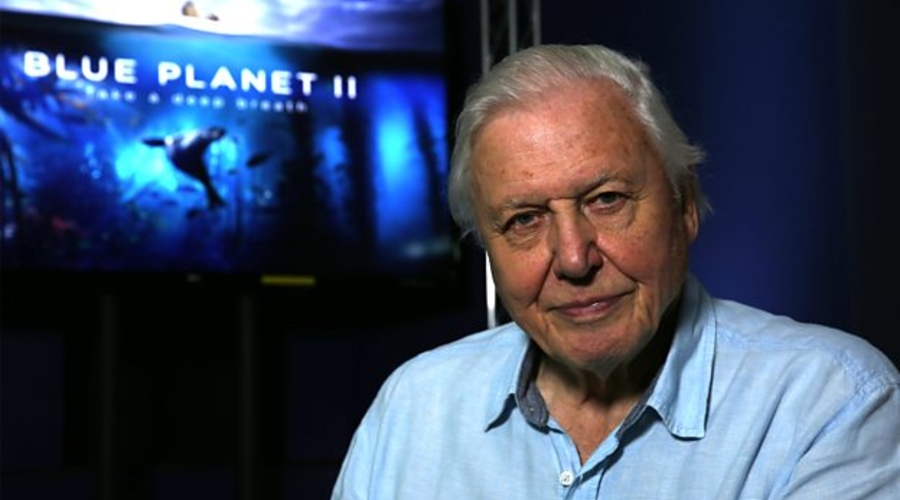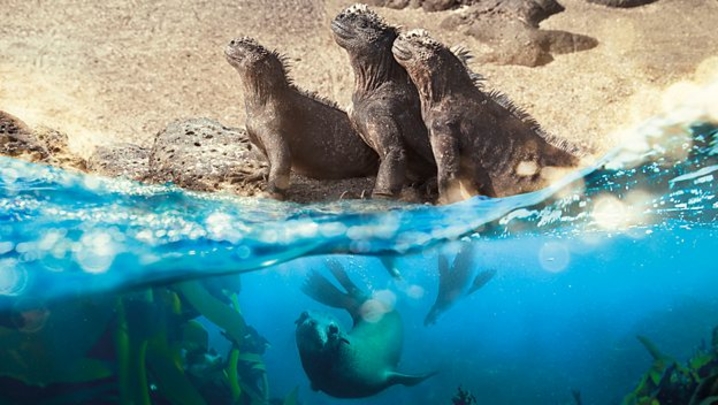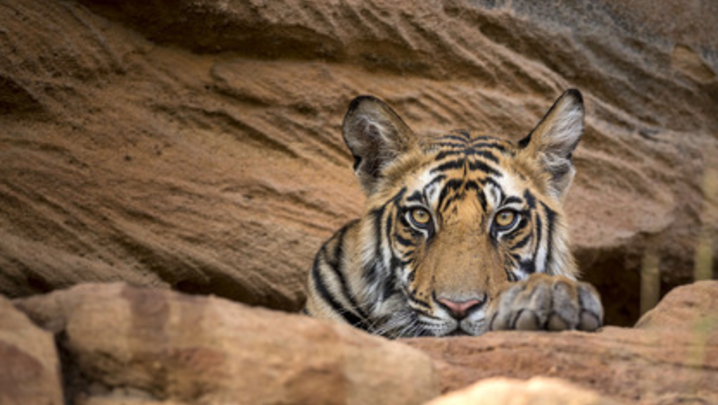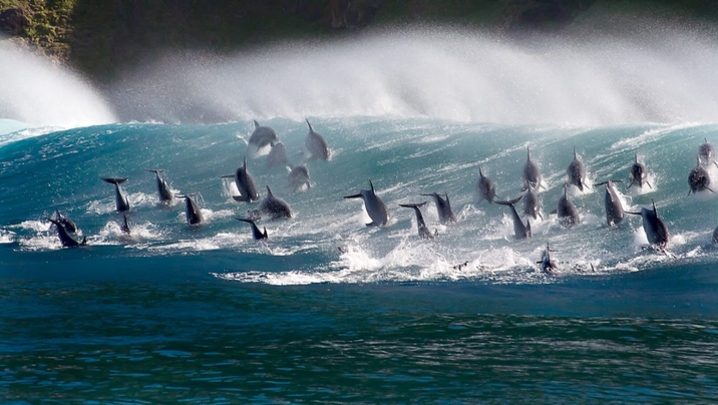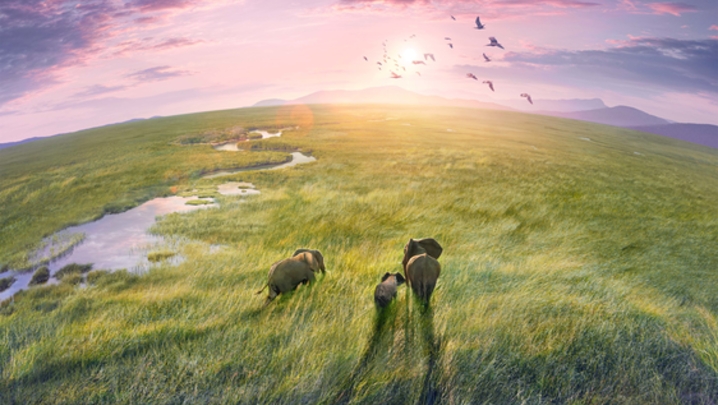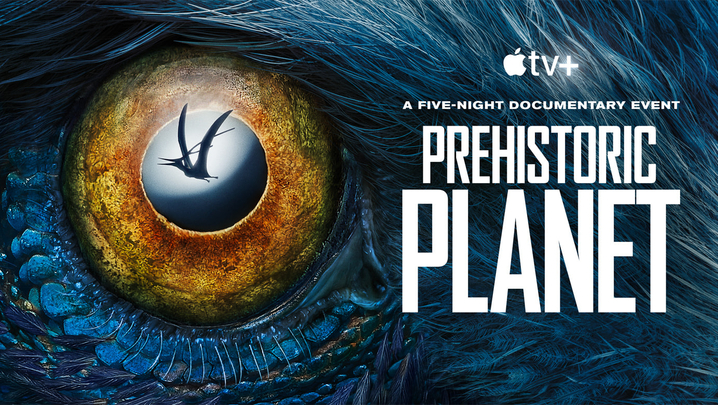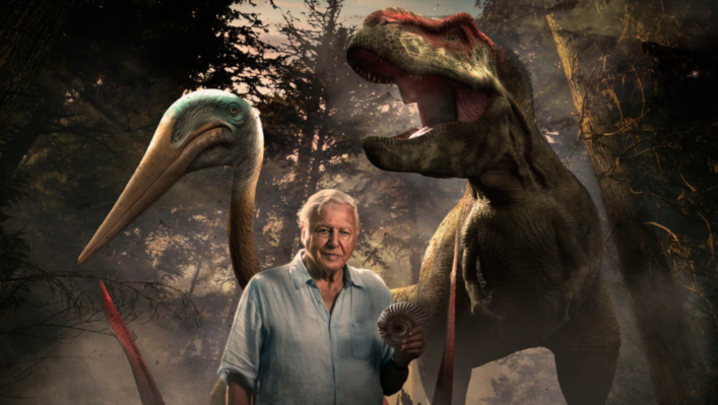Following the incredible success of Blue Planet II last year, naturalist David Attenborough is launching a major Plastics Watch initiative on the BBC, calling for public participation in reducing plastic waste.
Blue Planet II reached over 37m people in the UK alone. Following the final episode, over 60% of people surveyed commented that they wanted to make changes to their life to reduce the impact on the ocean.
The response, said Attenborough, has left him “absolutely astonished.”
“We hoped that Blue Planet II would open people’s eyes to the damage that we are doing to our oceans and the creatures that live in them. I never imagined that there would be so many of you who would be inspired to want change.”
The new multi-platform initiative launches today and aims to build on that energy for change.
A new public participation site, Plastics Action, seeks to encourage the public to become #PlasticAction heroes by choosing one or more of five suggested action plans to reducing plastic. They list five small changes that can have a major impact: using a reusable bottle, coffee cup, straw, lunch box or shopping bag.
David Attenborough adds, “The actions of any one of us may seem to be trivial and to have no effect. But the knowledge that there are thousands, hundreds of thousands of people who are doing the same thing – that really does have an effect.”
On BBC One, Hugh Fearnley-Whittingstall will be waging a War on Plastics, building on the success of his 2016 series Hugh’s War on Waste, which shone a light on the fact that billions of disposable coffee cups never get recycled.
He’ll be challenging some of the most environmentally unfriendly businesses on their practices and encouraging us all to do our bit to reduce the use of plastics, and replace them with more sustainable solutions.
Also on BBC One, Liz Bonnin sets out to reveal the full scale of the world’s plastic problem in Drowning in Plastic. She heads to some of the world’s most polluted sites, tracking the movement of waste plastic around the globe.
Stacey Dooley is also shining a light on a little-known threat to the environment. After the oil, coal and palm oil industries, the fashion industry is among the most damaging to the environment and to wildlife. She looks at how our passion for fast fashion fuels a frightening threat to animals such as orangutans and jaguars.
The BBC is putting its money where its mouth is on this campaign, promising to remove all single-use plastics from its operations by 2020.
This campaign is one among a number of such campaigns run by media organisations over the past few years. Sky’s Ocean Rescue launched in early 2017, and has campaigned to find innovative solutions to the problems of ocean plastics. The Daily Mail has also been campaigning on the issue for a number of years, including their Banish the Bag campaign prior to the introduction of a 5p charge per plastic carrier bag.

